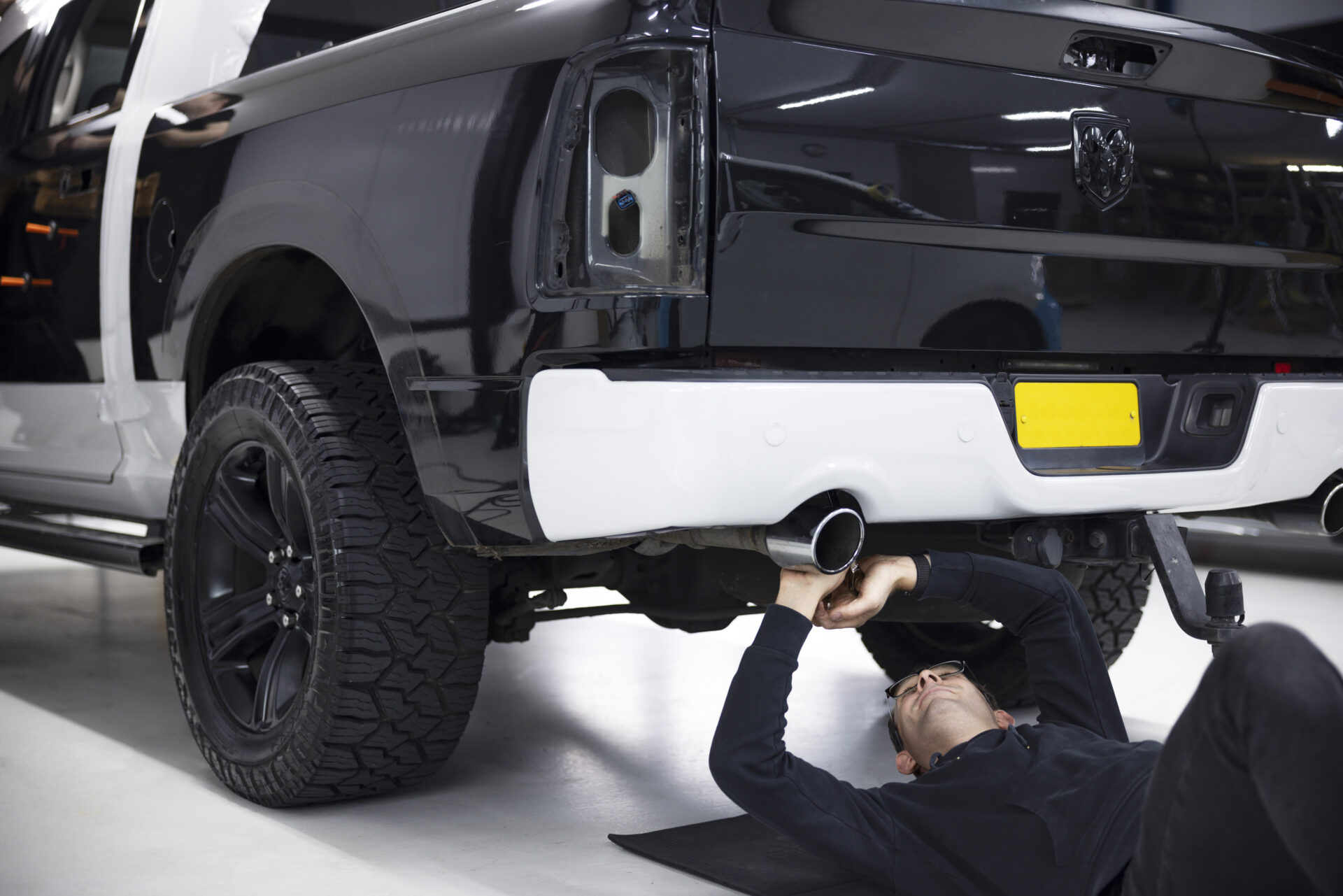For car enthusiasts, tuning is more than just a hobby—it’s a way to breathe new life into a vehicle. Car tuning involves modifying and optimizing different components of your car to enhance its performance, power, and efficiency. Whether you’re aiming for faster acceleration, better fuel economy, or a unique driving feel, tuning allows you to tailor your car to match your preferences. In this blog, we’ll explore why car tuning matters, how it works, and what benefits it can bring to your everyday drive.
Importance of Car Tuning
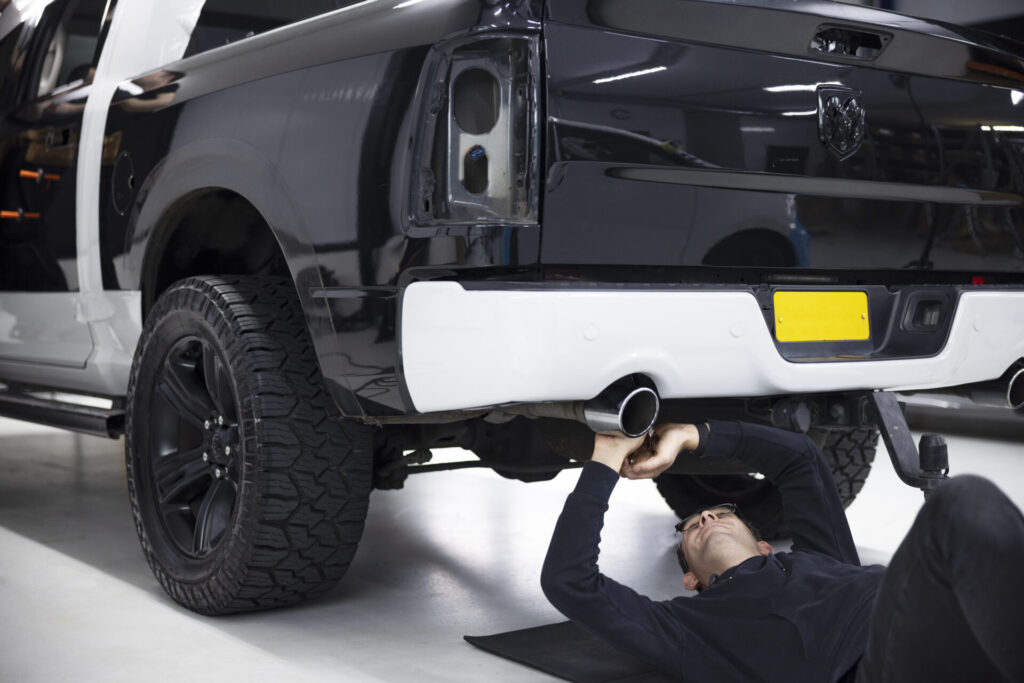
Car tuning is not just about making a vehicle faster; it’s about optimizing the entire performance aspect of the car. By tuning your car, you can ensure it runs smoothly and efficiently, providing a balanced driving experience. This is especially important for those who participate in motorsports or require specific performance standards.
Benefits of Improving Vehicle Horsepower and Performance
When you improve your vehicle’s horsepower and performance through proper car tuning, you can experience several benefits:
- Increased power and torque, resulting in better acceleration and top speed
- Enhanced fuel efficiency owing to a more efficiently running engine
- Improved handling and stability, particularly in high-performance driving situations
- Extended engine lifespan due to optimized functioning and reduced stress
Overall, car tuning can lead to a highly satisfying driving experience, whether you are on the open road or the racetrack. By focusing on these aspects, car tuning becomes a valuable investment in your vehicle’s longevity and performance.
Understand Your Engine’s Dynamics
Before diving into car tuning, it’s crucial to grasp the basic mechanics of your engine. Understanding how your engine operates will help you appreciate your modifications and their effects on car performance. Here’s a detailed look at the core aspects of engine dynamics and how they relate to tuning.
Basic Mechanics of an Engine and How Tuning Affects Performance
Your car’s engine is a complex machine optimized for converting fuel into motion. The primary components include the cylinder block, pistons, crankshaft, and camshaft. The internal combustion process in the cylinder involves a mixture of air and fuel ignited by a spark plug, causing the pistons to move. This movement is converted into rotational force that turns your car’s wheels when connected to the transmission.
Tuning an engine involves making adjustments to the air-fuel mixture, ignition timing, and sometimes modifying internal components. Proper tuning can lead to improved engine performance by optimizing these parameters for better power output, fuel efficiency, and responsiveness. For instance, remapping the engine control unit (ECU) can alter the fuel delivery and ignition timing to match your desired performance outcomes.
The Importance of Knowing Your Engine’s Limits to Avoid Damage
While it’s tempting to push your engine to its limits for maximum power, it’s vital to know where those limits lie. Over-tuning can strain engine components, leading to premature wear or catastrophic failure. Common issues include overheating, detonation (knocking), and excessive stress on the pistons and crankshaft.
For example, increasing the boost pressure (if you have a turbocharged engine) without upgrading internal components can lead to blown head gaskets or even a broken engine block. Always consider potential upgrades like stronger pistons, rods, and better cooling systems to handle the additional power.
Common Terminologies in Car Tuning and Their Relevance
As you delve into car tuning, you’ll encounter various terminologies that are critical to know:
- ECU Remapping: Adjusting the software that controls engine parameters like air-fuel ratio, ignition timing, and turbo boost.
- Air-Fuel Ratio: The proportion of air to fuel in the combustion mixture. Optimizing this ratio is key for performance and efficiency.
- Ignition Timing: The timing of the spark plug firing relative to the position of the piston. Precision in this area ensures efficient combustion.
- Forced Induction: Techniques like turbocharging or supercharging that force more air into the engine, increasing power output.
- Detonation: A form of abnormal combustion that can cause damage. It’s a sign of improper tuning or engine stress.
Each of these phrases plays a significant role in tuning and overall engine performance. A clear understanding will help you make informed decisions and avoid common pitfalls.
In summary, knowing your engine’s mechanics and limits, along with familiar tuning terminologies, will set a strong foundation for improving your car’s performance. This knowledge ensures that you make safe and effective modifications, leading to a better and longer-lasting driving experience.
Regular Maintenance Routines
The heartbeat of your car’s performance lies in the regular maintenance routines you adopt. Maintaining your vehicle properly and consistently is crucial in ensuring it runs smoothly and delivers optimal power. Let’s delve into some core aspects of these essential routines.
The Importance of Regular Oil Changes
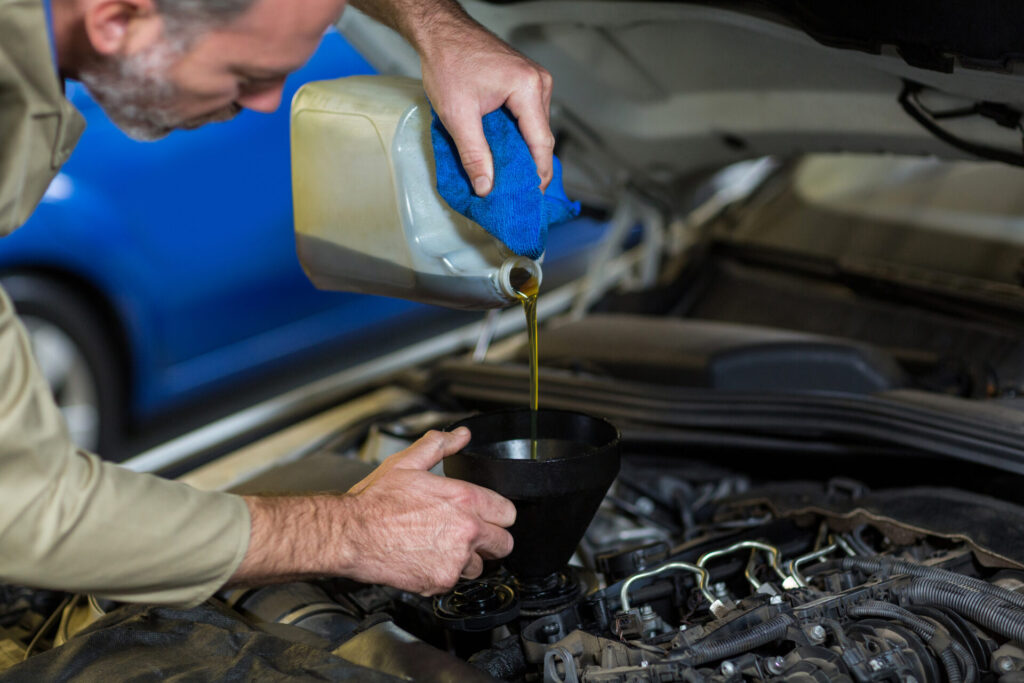
Regular oil changes are essential for keeping your engine in stellar condition. Over time, engine oil breaks down and loses its thickness, resulting in diminished lubrication and increased friction among the engine’s moving parts. This can result in overheating and excessive wear. Typically, it’s recommended to change your oil every 3,000 to 5,000 miles, but be sure to check your vehicle’s manual for the specific intervals suited to your car.
When choosing the right type of oil, consider the following:
- Conventional oil: Best suited for standard driving conditions and everyday vehicles.
- Synthetic oil: Ideal for high-performance cars and extreme conditions; it offers better protection and longevity.
- Semi-synthetic oil: A mix of synthetic and conventional oils provides a balance of protection and affordability.
How to Change the Oil in a Car: A Complete Step-by-Step Guide
Ensuring Optimal Ignition Timing
Ignition timing refers to the point at which the spark plug ignites the air-fuel mixture in the engine’s combustion chamber. Proper ignition timing is crucial for efficient engine performance, fuel economy, and horsepower. If the timing is off, it can lead to issues like knocking or pinging, reduced power, and even engine damage.
To ensure optimal ignition timing, consider performing the following checks:
- Refer to your car’s manual for the recommended timing setting.
- Use a timing light to measure the current timing.
- Adjust the distributor as needed to align with the manufacturer’s specifications.
Keeping Air Filters Clean
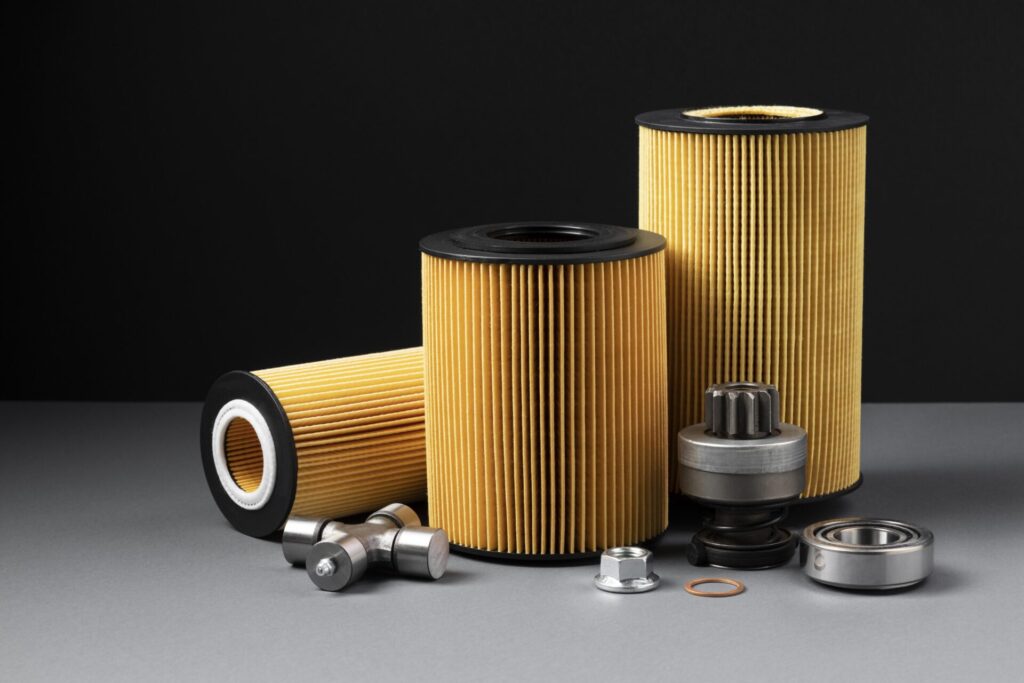
Air filters have a key impact on maintaining effective air intake for your engine. They prevent dust, debris, and contaminants from entering the engine, which can restrict performance and efficiency. A clogged air filter can reduce engine power, negatively impact fuel economy, and cause rough idling.
To keep your air filters in top-notch condition:
- Inspect the air filter every 12,000 to 15,000 miles or as suggested by the maker.
- Replace the air filter if it’s dirty or damaged.
- Consider using high-performance air filters for better airflow and engine efficiency.
By integrating these maintenance routines into your car care schedule, you can significantly enhance your vehicle’s performance and longevity. Regular upkeep is not just about preserving your car’s horsepower; it’s about ensuring safe, efficient, and enjoyable driving experiences.
applewoodperformancecenter.com – enhancing-your-car ‘s-performance
Engine Tuning Techniques
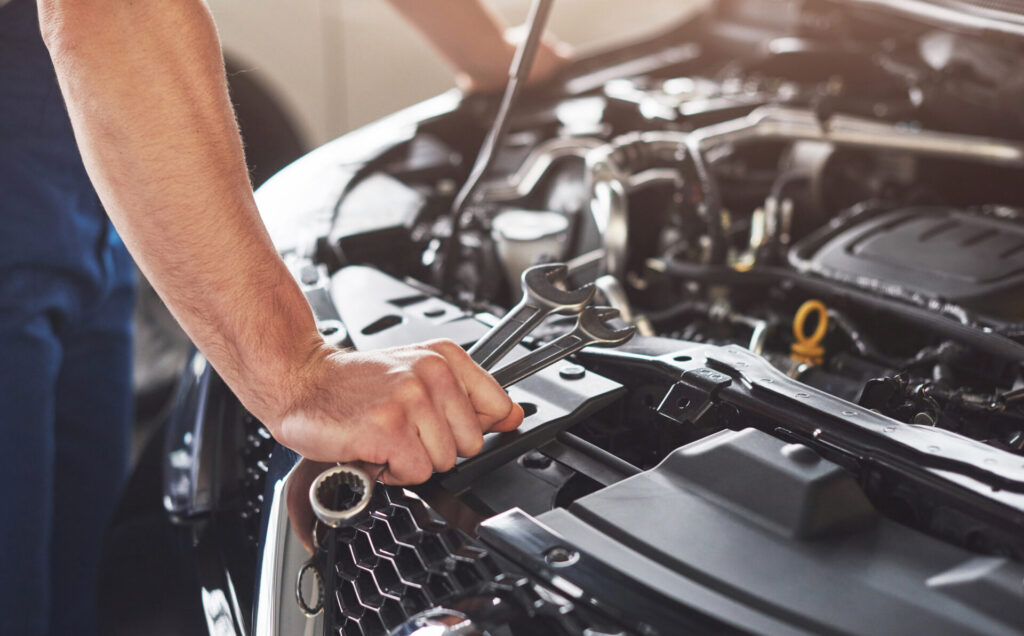
Engine tuning, a meticulous art and science, falls under the broader category of car tuning. An essential aspect of boosting car performance, engine tuning involves several key techniques to maximize horsepower and ensure smoother driving dynamics. Let’s delve into these techniques, uncovering the benefits and methods of electronic control unit (ECU) tuning, the installation of cold air intakes, and the roles of forced induction systems like turbochargers and superchargers.
Benefits and Methods of Electronic Control Unit (ECU) Tuning
Electronic control unit (ECU) tuning stands at the forefront of modern engine tuning techniques. At its core, ECU tuning involves adjusting the settings of the vehicle’s onboard computer to optimize engine performance. The ECU controls various engine parameters such as fuel injection, ignition timing, and air-to-fuel ratios. By finely calibrating these parameters, enthusiasts can make significant progress in horsepower, torque, and fuel efficiency. Methods of ECU tuning include:
- Chip Tuning: Replacing the vehicle’s standard microchip with a reprogrammed chip tailored to desired performance specifications.
- ECU Remapping: Rewriting the existing software within the ECU to adjust engine parameters. This method is popular due to its flexibility and precision.
The benefits of ECU tuning manifest in the form of increased power output, refined throttle response, and sometimes enhanced fuel economy. However, it’s crucial to approach this technique with precision, ensuring the engine operates within safe thresholds.
Installation of Cold Air Intakes for Better Engine Breathing
Engine breathing is a vital aspect of car performance. Cold air intake (CAI) systems are designed to boost this breathing capability by allowing the engine to inhale cooler, denser air. These systems are built with a specialized intake tube that draws air from outside the engine bay, where temperatures are lower. The advantages of installing cold air intakes include:
- Increased horsepower: Cooler air is denser and carries more oxygen, facilitating better combustion.
- Improved throttle response: Enhanced airflow allows the engine to respond more promptly to throttle inputs.
- Potential fuel efficiency gains: More efficient combustion can lead to better fuel utilization.
Cold air intakes are relatively easy to install and provide a noticeable improvement in engine performance, making them a popular choice among car enthusiasts aiming for a cost-effective tuning solution.
The Role of Forced Induction Systems like Turbochargers and Superchargers
Forced induction systems such as turbochargers and superchargers markedly elevate engine performance by compressing intake air, allowing for a greater amount of fuel-air mixture to enter the combustion chamber. This process significantly increases engine power output without necessitating larger engine displacement. Turbochargers operate on the principle of utilizing exhaust gases to drive a turbine, which in turn forces more air into the engine. Superchargers, on the other hand, draw power directly from the engine via a belt-driven mechanism to achieve the same effect. Each system has its benefits:
- Turbochargers: These are more efficient and utilize exhaust energy that would otherwise be wasted. However, they may introduce turbo lag (a delay in power delivery).
- Superchargers: Provide immediate boost across the rpm range as they are mechanically driven, although they might impose extra load on the engine.
Both these systems significantly improve horsepower and torque, making them indispensable tools for serious car tuning aficionados. The decision to opt for a turbocharger or supercharger depends on the specific power delivery preferences and engine characteristics.
In essence, while embarking on engine tuning, it’s essential to understand the techniques and their implications thoroughly. By leveraging ECU tuning, optimizing engine breathing through cold air intakes, and implementing sophisticated forced induction systems, car enthusiasts can unlock remarkable improvements in engine performance and driving dynamics.
Additional Performance Upgrades
When it comes to car tuning, there are several paths you can take to maximize performance. Beyond initial adjustments like engine tuning and suspension modifications, several additional performance upgrades can significantly improve your vehicle’s horsepower and overall capabilities. Let’s dive into some of these key upgrades:
High-Performance Exhaust Systems and Their Impact
A high-performance exhaust system is one of the most popular upgrades among car enthusiasts. Standard exhaust systems often restrict the flow of exhaust gases, thereby limiting the engine’s ability to ‘breathe’ out these gases efficiently. A performance exhaust system, on the other hand, allows for faster expulsion of exhaust gases, reducing backpressure and freeing up engine power. This upgrade not only boosts horsepower but also enhances fuel efficiency and results in a deeper, more aggressive exhaust note – a symphony for petrol heads.
Upgrading the Fuel System for Enhanced Power Output
The fuel system plays a critical role in an engine’s performance. By upgrading components such as fuel injectors, fuel pumps, and fuel lines, you can ensure a more efficient and higher flow of fuel to the engine. This is particularly beneficial if other performance upgrades have been made, as the engine will require more fuel to match its new capabilities. Properly upgraded fuel systems can prevent engine knocking and ensure that the engine performs at its optimum level, particularly under high-stress conditions.
Advanced Brake Systems Ensuring Safety with Increased Speed
Increasing a car’s horsepower inevitably leads to higher speeds, and with great power comes the need for great stopping power. Advanced brake systems, including larger brake discs, high-performance brake pads, and upgraded brake calipers, are essential to handle the demands of a more powerful engine. High-performance brakes not only improve stopping distances but also enhance the car’s overall control and maneuverability, ensuring you have maximum stopping power when it’s needed most. Safety should always be a priority, and investing in a quality brake system is a prudent step to safeguard both you and your vehicle.
Testing and Legal Considerations
Tuning your car to improve its performance is an exciting journey, but it also comes with several responsibilities. It’s essential to keep in mind both testing practices and legal considerations to ensure that your modifications are safe and compliant. Let’s dive into the key aspects you should consider.
Continuous Testing and Tuning, Including Dyno Tests
One of the most critical aspects of car tuning is continuous testing. This ensures that your vehicle modifications are performing as expected and not causing any unforeseen issues. Regular dyno tests can be an invaluable tool in this process. A dynamometer, or “dyno,” measures your vehicle’s torque and power output, providing a precise baseline to tune further and test the engine under various conditions. This equipment is crucial for assessing the real-world impacts of your modifications and tuning your engine to optimize performance.
Understanding the Legal Implications of Vehicle Modifications
Before diving deep into car tuning, it’s crucial to understand the legal implications of vehicle modifications. Different regions have varying laws governing what modifications are permissible. In some cases, modifications might void factory warranties or fail to comply with emissions regulations. Ignorance of these laws can lead to fines, legal issues, and even having your vehicle impounded. Therefore, it is always wise to research the local regulations thoroughly and ensure your modifications comply with all legal standards.
Adhering to Safety Standards and Warranties
Safety should never be compromised when tuning your car. Adhering to safety standards ensures that the modifications do not pose a risk to you or others on the road. Additionally, consider the impact of modifications on your vehicle’s warranty. Manufacturers often set specific standards, and altering your vehicle beyond those limits can void your warranty. It is important to understand the manufacturers’ guidelines and industry safety standards to keep your tuned car safe and roadworthy.
Tuning your car is more than just a hobby — it’s a strategic approach to performance enhancement. By understanding your engine’s dynamics, maintaining key components, and carefully applying tuning techniques like ECU remapping, cold air intake installation, and forced induction systems, you can unlock exceptional power and efficiency.
However, performance should never come at the cost of safety or legality. Follow proper testing routines, respect your engine’s limitations, and ensure your upgrades meet the required standards with local regulations.
In the end, a well-tuned car is not only more powerful, but also more reliable, efficient, and enjoyable to drive. Whether one is seeking thrills on the track or comfort on the road, thoughtful tuning turns your vehicle into a personalized performance machine.

